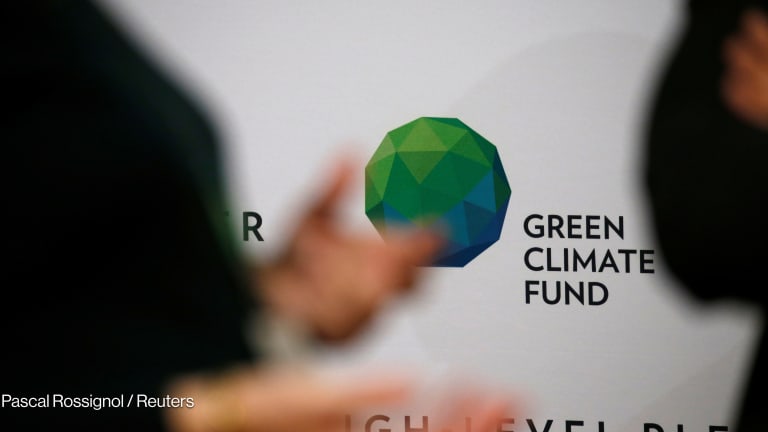The systems the rich world uses to deliver climate finance to low-income countries are "obsolete," grinding down progress on averting a devastating climate crisis, warned the outgoing head of the United Nations’ multi-billion-dollar climate fund for low-income nations.
In an exclusive exit interview as he prepares to leave his post in April, the Green Climate Fund Executive Director Yannick Glemarec urged wealthy donors to fix their distribution channels so they are more “flexible” and suited to the needs of the poor. But these governments must also fulfill their broken promises, he added, especially the $100 billion in annual climate funding to low-income countries that they first pledged more than a decade ago and failed to deliver.
This year’s U.N. climate conference, or COP 28, set for November, is increasingly seen as a make-or-break opportunity to slow global warming. But low-income nations’ suspicion and wariness of their richer counterparts could significantly obstruct a deal on cutting emissions.








